Home >Common Problem >How to perform significant difference analysis in spss
How to perform significant difference analysis in spss
- coldplay.xixiOriginal
- 2020-08-20 14:19:06119309browse
Spss method for significant difference analysis: first open the spss software and select the required data; then right-click to select the general linear model and select univariate; then move the variables to the dependent variable and covariate respectively. , and select parameter estimates; finally click the Continue option in the options.
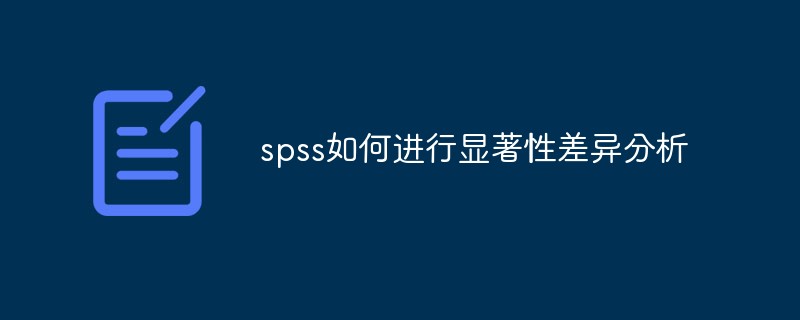
spss method for significant difference analysis:
#1. First, we open the SPSS version 23.0 software. Find the data you want to edit and process. Here we use the effect of drugs on height to do significance analysis
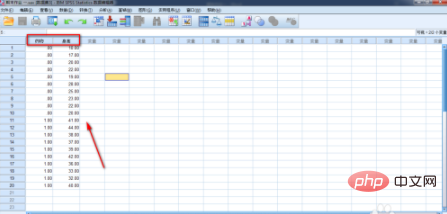
2. Find the analysis menu in the menu bar above and move the mouse to General linear model, then select univariate, click the left mouse button and select
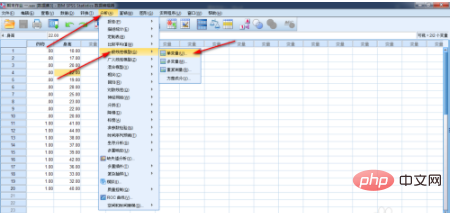
3. In the univariate dialog box, move the variables to the dependent variable and covariate respectively. Here, move height to the dependent variable and drugs to the covariate
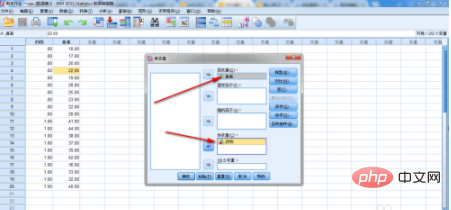
4. Click the option on the right menu, move the mouse to the single variable option, and select the parameter estimate. Mark the parameter estimate as checked
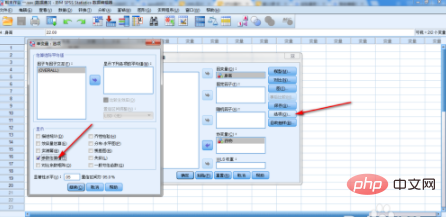
5. After the selection is completed, click the Continue option in the options, and then click OK in the single variable dialog box to proceed. View operation after editing
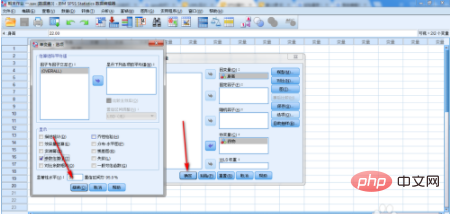
6. In the SPSS viewer, we can see the significance analysis of the effect of drugs on height. The significance in the red box is 0
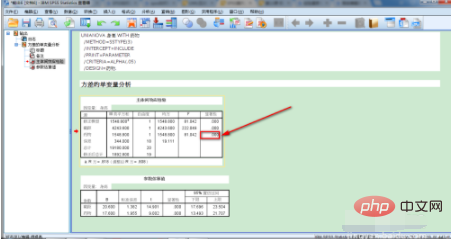
The above is the detailed content of How to perform significant difference analysis in spss. For more information, please follow other related articles on the PHP Chinese website!

